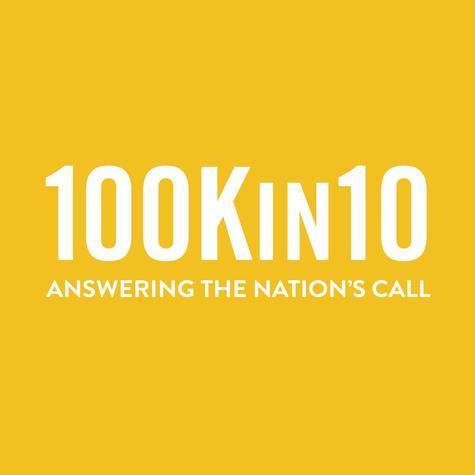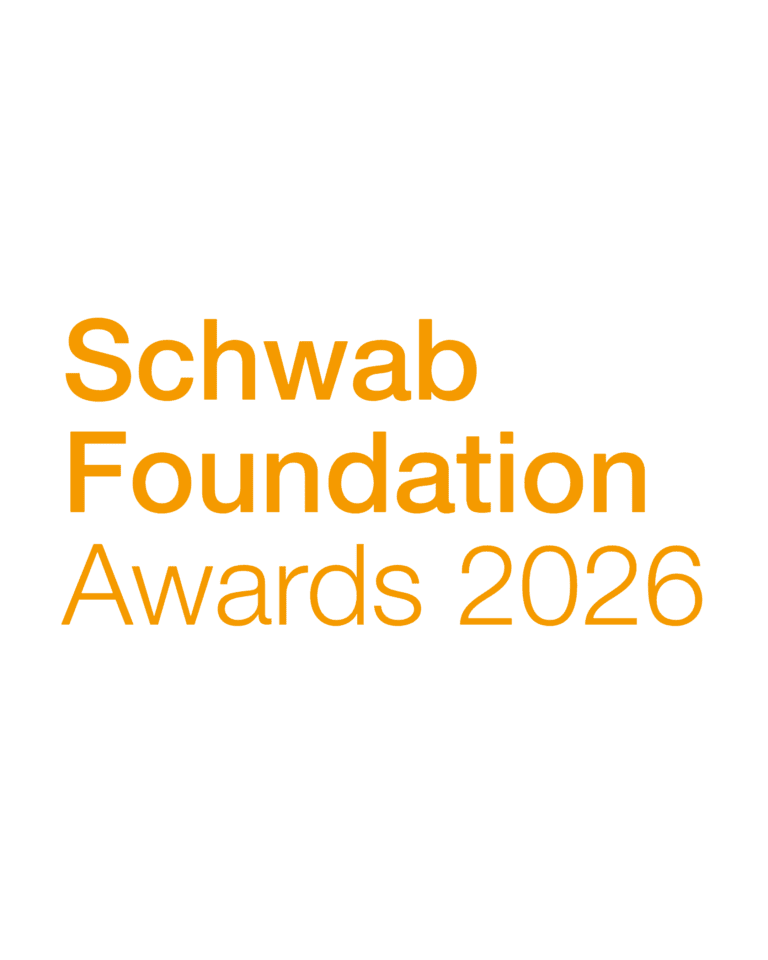100Kin10 is thrilled to announce a new commitment to increasing high-quality, relevant STEM courses in high school, with an explicit focus on equity. This represents the third in a series of focus areas that we are mobilizing our network to address. Similar to our approach with our previous two focus areas of nurturing positive work environments for teachers and supporting joyful math instruction for all students, we are kicking off this work with our network partners by deepening the knowledge base that will guide our efforts in the coming year and beyond. Please read about this exciting development below and learn how it builds on our collective work to date.
Today 100Kin10 announces a new commitment to increasing the range and quality of relevant STEM courses in high school, with an explicit focus on equity. We know that STEM skills are among the most critical skills needed to thrive in today’s workforce—10 of the top 14 fastest growing industries require STEM training. And yet course offerings in many high schools have not kept pace—neither the distribution of the core science and math sequence, with only 2 in 5 secondary schools offering chemistry and only 40% of graduating seniors taking physics, nor the access to cutting-edge and career-relevant courses beyond the traditional scope and sequence, from statistics to computer science to bioengineering and beyond.
This gap is even more acute for girls, students of color, and students from low-income backgrounds, who face even greater challenges when it comes to accessing high-quality, relevant STEM courses in high school. Among high schools with majority Black and Latinx students, for example, only 38% offer calculus. Beyond access, these students rarely experience workforce-relevant STEM courses that build on their unique perspectives or effectively increase their aspirations for and success in STEM.
At 100Kin10 our vision is that all students—particularly girls, students of color, and students from low-income backgrounds—thrive in today’s workforce. To do so, they must have strong STEM skills. Our goal is not only to increase the number of students successfully completing high-quality, relevant STEM courses, but ensure they have the pathways, tools and support to flourish in the careers that will become possible as a result. Imagine the solutions that these students will come up with to our most persistent STEM-based challenges as a result!
This emphasis on increasing high school STEM courses strategically builds on 100Kin10’s work to date, which began by responding to the call for 100,000 new STEM teachers in America’s classrooms and subsequently grew to include the Grand Challenges —an unprecedented map of the 100+ underlying causes of why it’s so hard to get and keep great STEM teachers in the first place. Based on this map, we then identified the most influential root causes—or Catalysts—that, if solved, would generate a domino-like effect and most improvement across the entire system.
Recognizing the catalysts as the most strategic levers for change, 100Kin10 is mobilizing our network to address them. To date we have taken on catalysts related to teachers’ work environment and early math proficiency, and together we are making impressive change in each of these areas.
- Improving Teachers’ Work Environment: In 2018, we convened a “Brain Trust” of 20 partners and teachers who guided the development of an action-oriented report titled Teachers at Work, which featured heavily in the press. Building on that report, we launched four Project Teams in our first year and an additional nine Project Teams in our second year, with each working to transform more schools into supportive and growth-oriented workplaces for teachers.
- Strengthening Foundational Math: In 2019, we launched a second Brain Trust comprised of 36 partners focused on foundational math proficiency. These partners guided the development of our Doing the Math report, which offers a fresh analysis and clear strategies for equipping elementary teachers to enable authentic and joyful math learning for all students. Building on this report, we launched four Project Teams focused on tackling specific problems related to early math proficiency.
We are eager to build on this progress and further mobilize our network around our third catalyst. We believe this focus on high-quality, relevant STEM courses in high school is ripe for collective action based on current field-wide activity, opportunities for impact, and interest among our partners and allies. To this end, we are kicking off this work with the launch of a Brain Trust designed to deepen the knowledge base that will guide our efforts in the coming year and beyond. Stay tuned for updates on this critical work!



